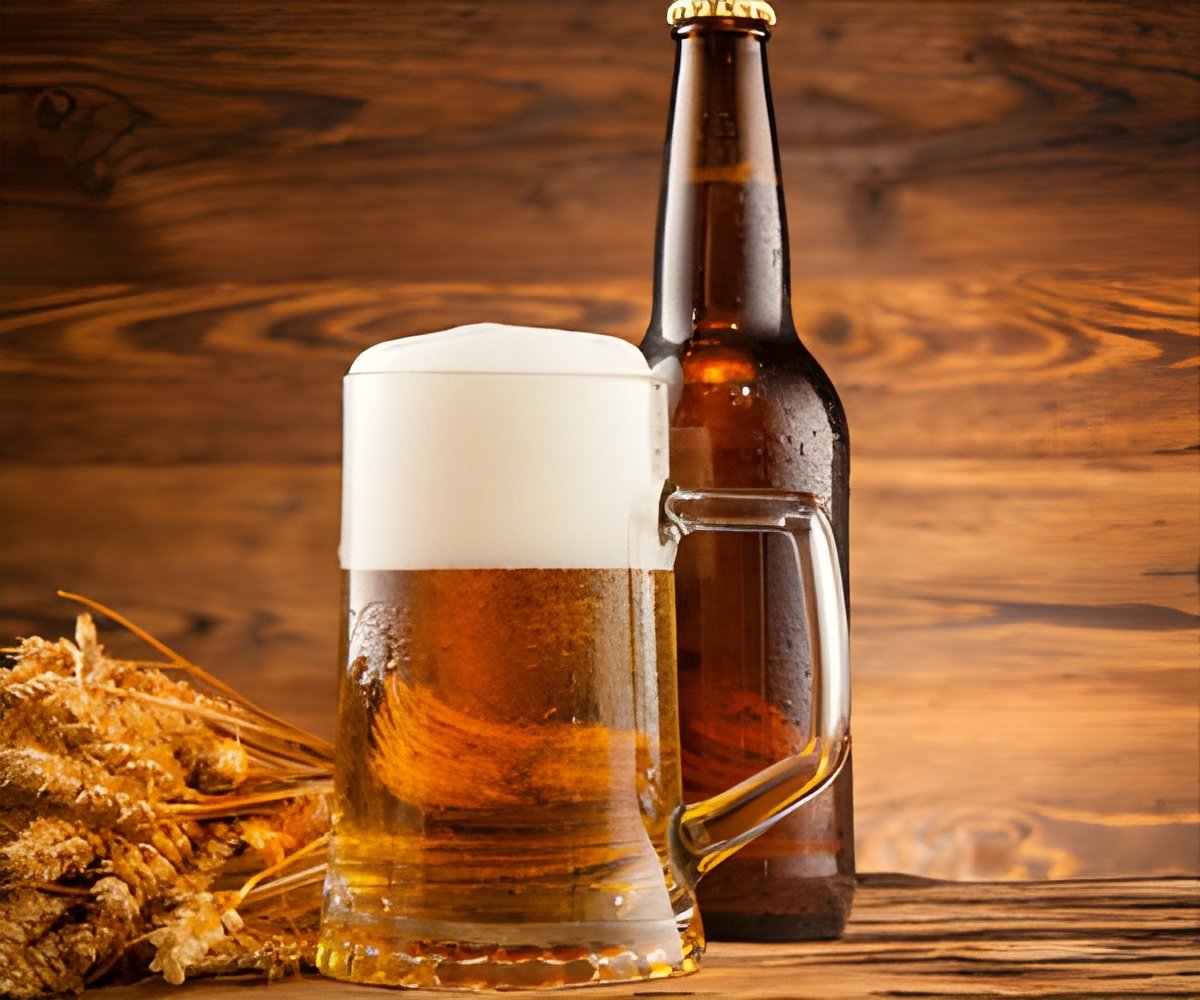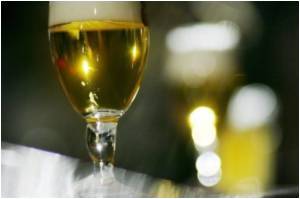Under pressure to change as per the demand of high quality home-brewed beer, Trappist monks, who were living a life of contemplation, now find themselves in the spotlight

This is a small, declining community of just 13 monks of the Cistercian Order, which was founded in France at the end of the 11th century on a commitment to "Pray and Work," to focus on the spiritual, not the material world.
Traditionally self-sufficient, Trappist monks made enough beer for their own needs and then sold some to help fund charitable and other works.
From small beginnings, sales have taken off, building on a home market in Belgium to venture into France and the Netherlands, and now to China and the United States.
"The Trappists have a history, a story to tell, which attracts beer lovers," said Thierry Fourneau, in charge of the Rochefort brewery operations.
"The religious origins of our beers is a plus because it is a guarantee of its quality and authenticity," said Francois de Harenne, spokesman for the International Trappist Association which certifies their origin and manufacture.
Advertisement
The ITA closely watches over the trademark which can only be carried by beer brewed exclusively within a Trappist monastery on a non-profit basis, with any surplus used for charity or other social purposes.
Advertisement
In Rochefort, the monks distribute about one million euros a year, out of sales of just over seven million euros, "to local families in distress, for missionary work and to help other monasteries in need," said Father Luc, one of the monks.
"Making a profit is by no means an end in itself. We brew beer to ensure our monastery can survive and to help others," he said.
The newest Trappist beer is made at Spencer, in the US state of Massachusetts, where the monks put it on sale to help cover the ever rising cost of medical care for their ageing community.
- Declining communities, growing demand -
Such problems pressing in from the outside are evident too at the Rochefort monastery, which sits in a quiet valley on the outskirts of the small town about an hour's drive south of Brussels.
From 80 monks in the 1930s, the 13 there now are outnumbered by the 14 lay workers in the small brewery which was modernised in the 1960s.
Worse still, they have had no recent new recruits and the youngest of the monks is in his 40s while others are in their 80s.
That adds to the problems posed by the brewery's success.
"I cannot see how large breweries can be reconciled with small religious communities," Harenne said. "We must respect our founding principles above all."
One hope is perhaps to attract monks from abroad, especially from France where numbers have risen recently.
"Maybe we can get some from there," said Fourneau. "They are not going to let a monastery die."
For the moment, production at the 10 Trappist breweries comes to an annual 460,000 hectolitres, dominated by the best-known brand Chimay with 170,000 hectolitres. Rochefort counts for about 40,000 litres, all dark beer.
Some monasteries such as Orval have decided not to go into new markets at all while the smallest and most sought after brand, Wesvleteren, will sell only to clients who pre-order and come to the brewery to pick up their beer in person.
Wesvleteren, widely reputed to be the best beer in the world, was put on sale at a Belgian chain of supermarkets for only a few weeks in 2011 when the monks needed funds to repair their monastery.
"We are unfortunately obliged to say 'No' for the most part to new customers," said Benoit Minet, commercial director of the Rochefort brewery.
"There is new demand ... all the time. We have a Chinese client, a supermarket, but we have turned down others," Minet said.
"If we decide to expand, we would have to think the whole thing through again, it would be an enormous investment," he said, adding that such a decision would be solely for the monks to make.
Source-AFP








